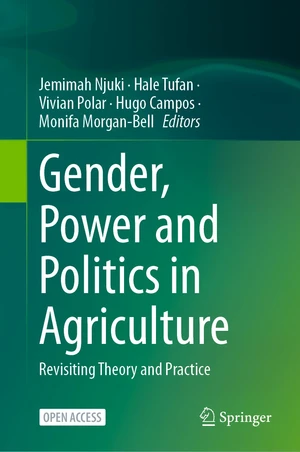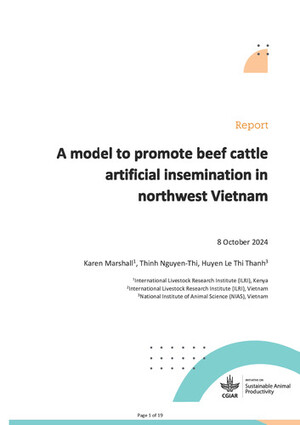
Climate-smart agriculture, household income and asset accumulation among smallholder farmers in the Nyando basin of Kenya
Abstract
Climate change, characterized by rising average temperatures and changes in rainfall amounts and patterns, remains a major threat to rural livelihoods. For smallholder households that heavily depend on agriculture, adaptation and mitigation measures, including coping strategies are therefore needed to secure household livelihoods and incomes. In this article, we assess the impacts on livelihood outcomes, of climate smart agricultural (CSA) practices that are promoted as adaptative strategies against effects of climate change. Using data from a survey of households in Nyando basin in Kenya, we combine statistical matching and simultaneous equation econometric modelling, to evaluate pathways through which CSA practices impact on household asset accumulation and income. We find that uptake of multiple stress-tolerant crops improves household income by 83%, which in turn improves household asset accumulation. Impact pathway modelling also show that adoption of improved livestock breeds significantly reduces household income by 76%. For improved livestock, however, household income does not impact on asset accumulation, possibly because income is invested in form of livestock rather than household assets. These findings show that adoption of multiple stress-tolerant crops improves household assets accumulation via the income pathway. However, given an option, households would invest increased incomes in livestock assets, confirming that livestock are a form of savings, which can be liquidated to bridge household income gaps. This is a better resilience measure as compared to investment in domestic household assets.
Citation
Ogada, M.J., Rao, E.J.O., Radeny, M., Recha, J.W. and Solomon, D. 2020. Climate-smart agriculture, household income and asset accumulation among smallholder farmers in the Nyando basin of Kenya. World Development Perspectives 18:100203









